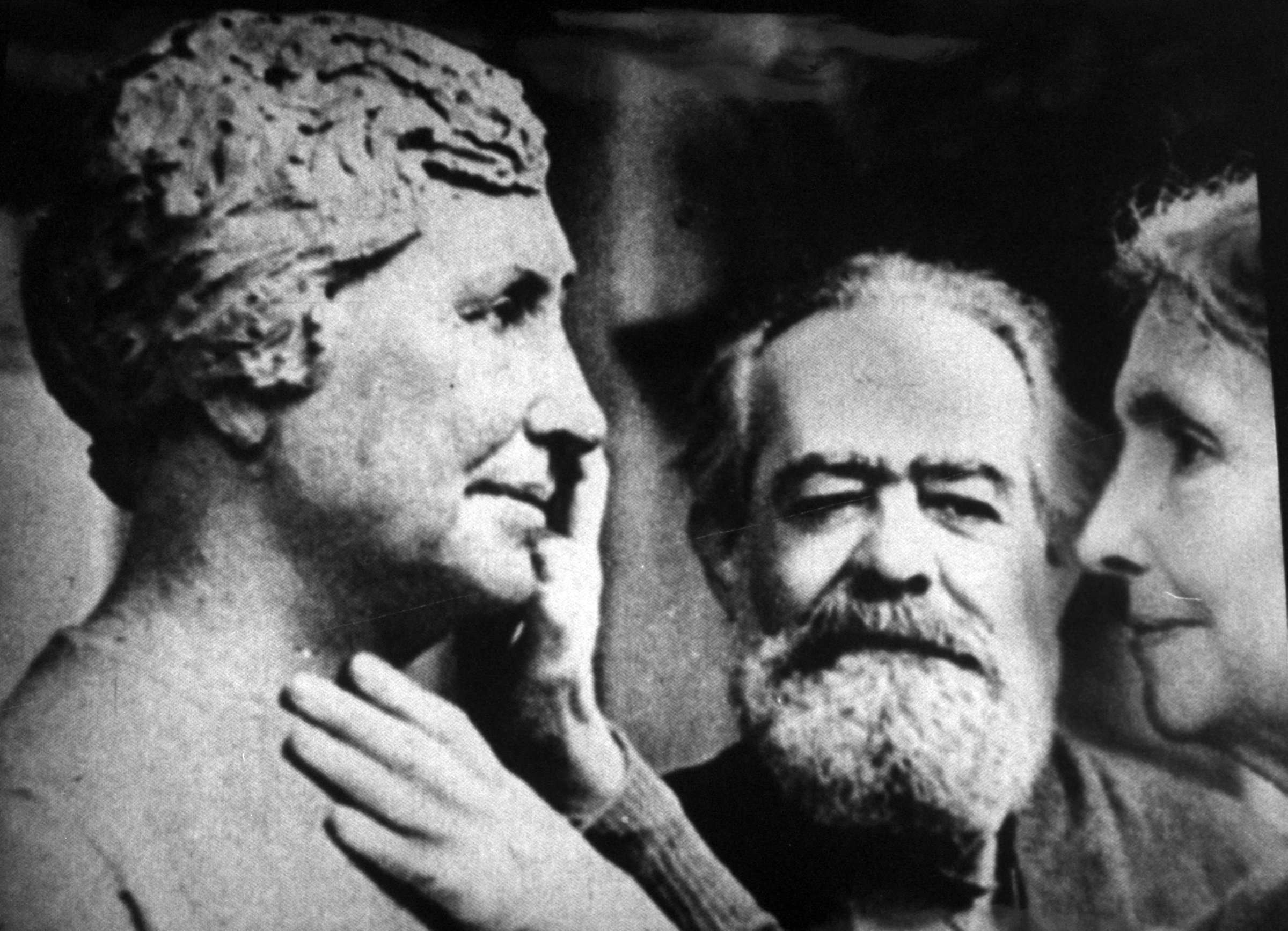
The activist Helen Keller lost the ability to see or hear 19 months after her birth on this day, June 27, in 1880—and went on to show the world that a disability like hers didn’t have to be a barrier to a full life, as proved by the above photos from The Unconquered, the 1954 documentary about Keller.
“It is made up of snaps from her family album, news pictures, clips from newsreels and specially shot scenes of Miss Keller at her daily activities. All these, along with a narration spoken by Katharine Cornell, make the film an absorbing document,” LIFE wrote in its Jun. 21, 1954, story about the film, from which the screenshot-style photos above are drawn. “But it is the sight of Helen herself, feeling with reverent curiosity a dancer’s body or meeting great men, that testifies best to the courage of the human spirit.”
The Tuscumbia, Ala., native graduated cum laude from Radcliffe College in 1904 at age 24, by which time she was already friends with luminaries like Mark Twain. The Tom Sawyer author described her as “quick and bright” and “almost certain to send back as good as she gets, and almost as certainly with an improvement added,” according to the Autobiography of Mark Twain, Volume 2. Legendary choreographer Martha Graham called Keller “the most gallant woman I have ever known” after watching her interact with dancers. And upon meeting President Calvin Coolidge (one of the nine presidents with whom she corresponded), Keller told “Silent Cal,” “They say you are cold, but you are not.” Known for “hearing” people by putting a hand to their faces or larynx, she used that method to converse with First Lady Grace Coolidge, who taught deaf children. Over the course of her life, Keller also met world leaders like Winston Churchill and Golda Meir throughout her career as an antiwar activist and a disability rights advocate.
“The impression that remains [of the film] is not one of a life of worldly scurry, of an almost brutally strong retort to adversity,” TIME noted in its review of The Unconquered. “What hangs in the mind is the image of a clear old face out of a legend, of features that breathe a little of the quiet glory of the last lines of King Lear: The oldest hath borne most: we who are / young, Shall never see so much, nor live so long.”
Keller died in 1968.
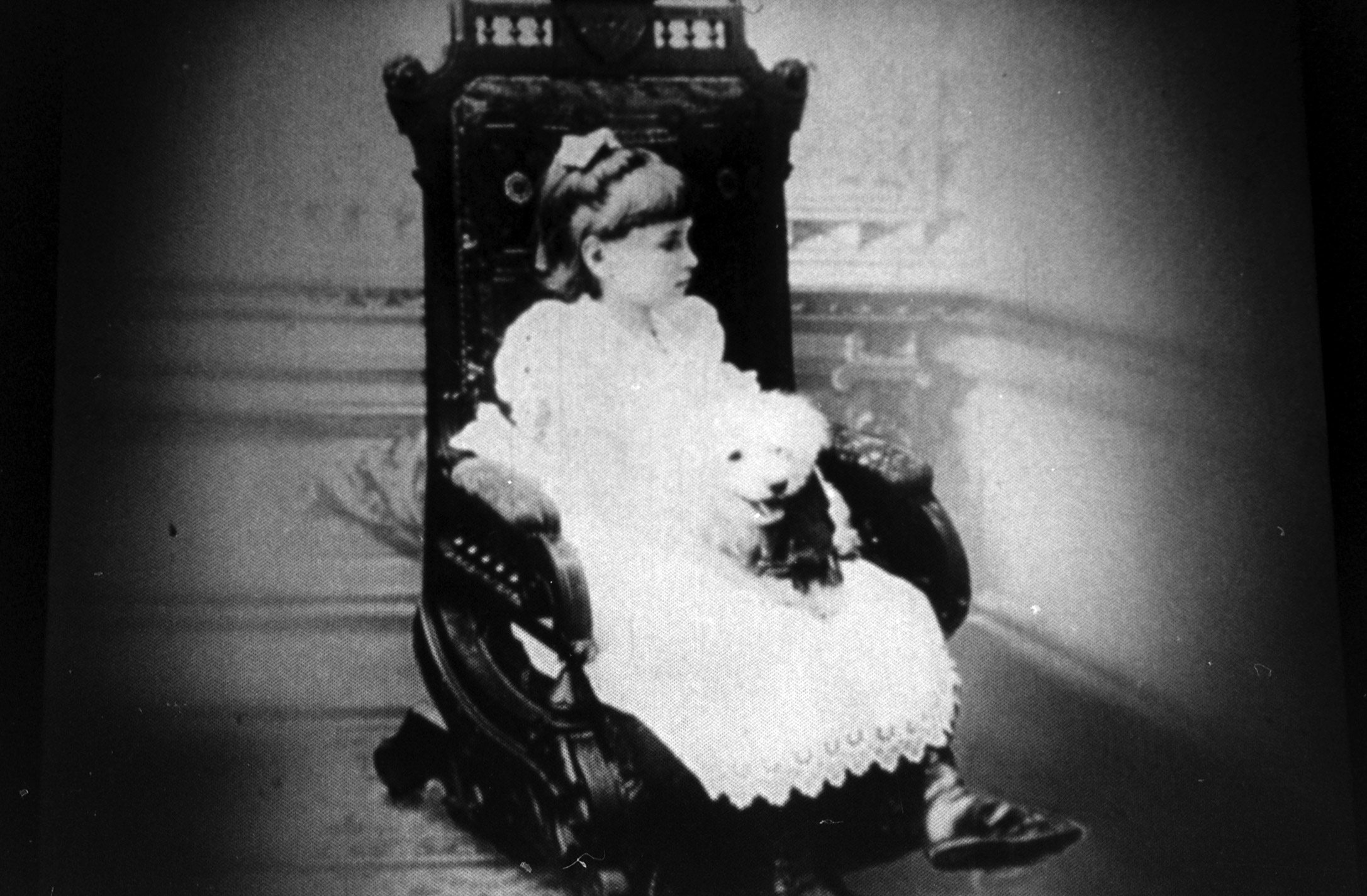
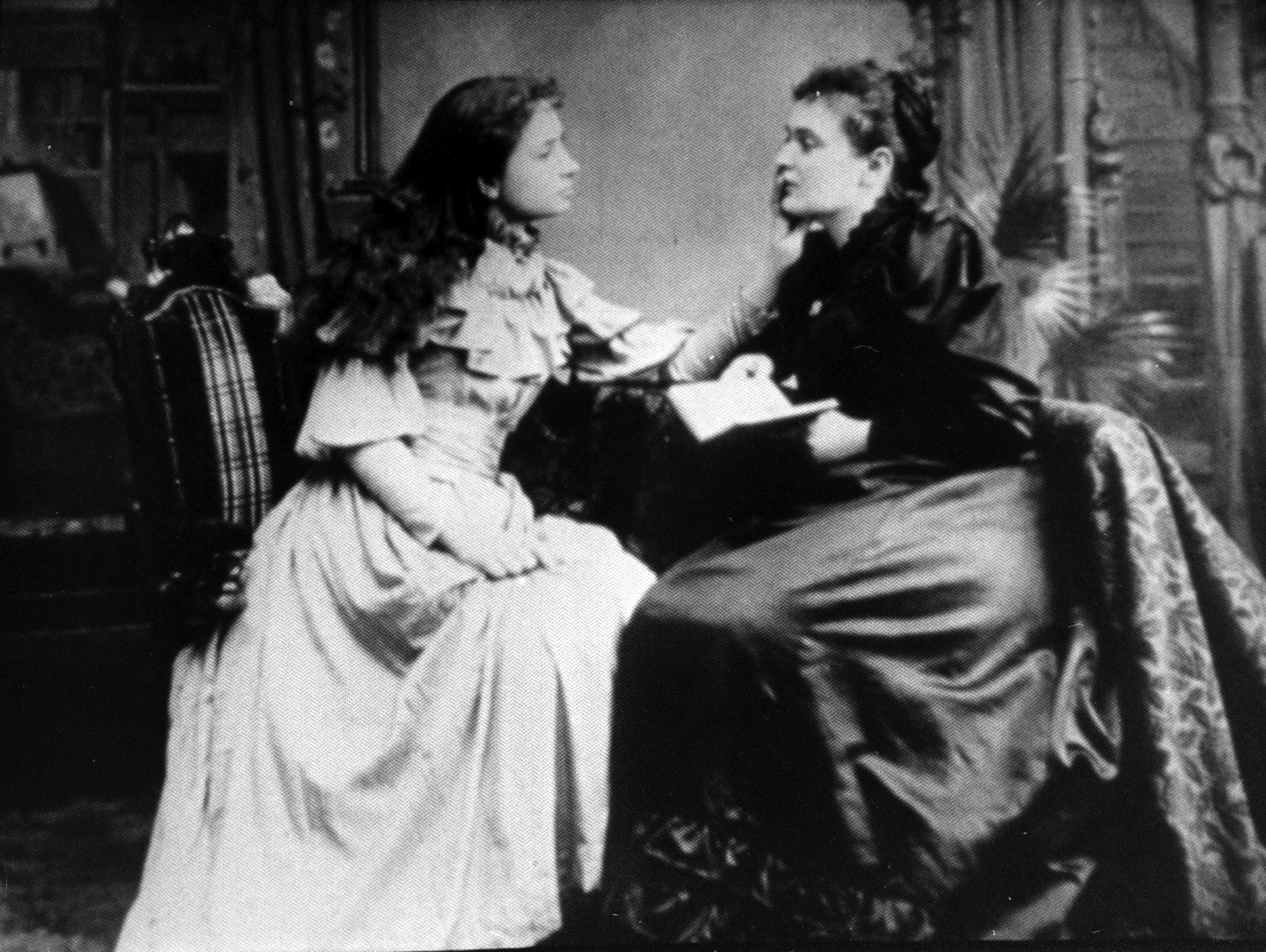
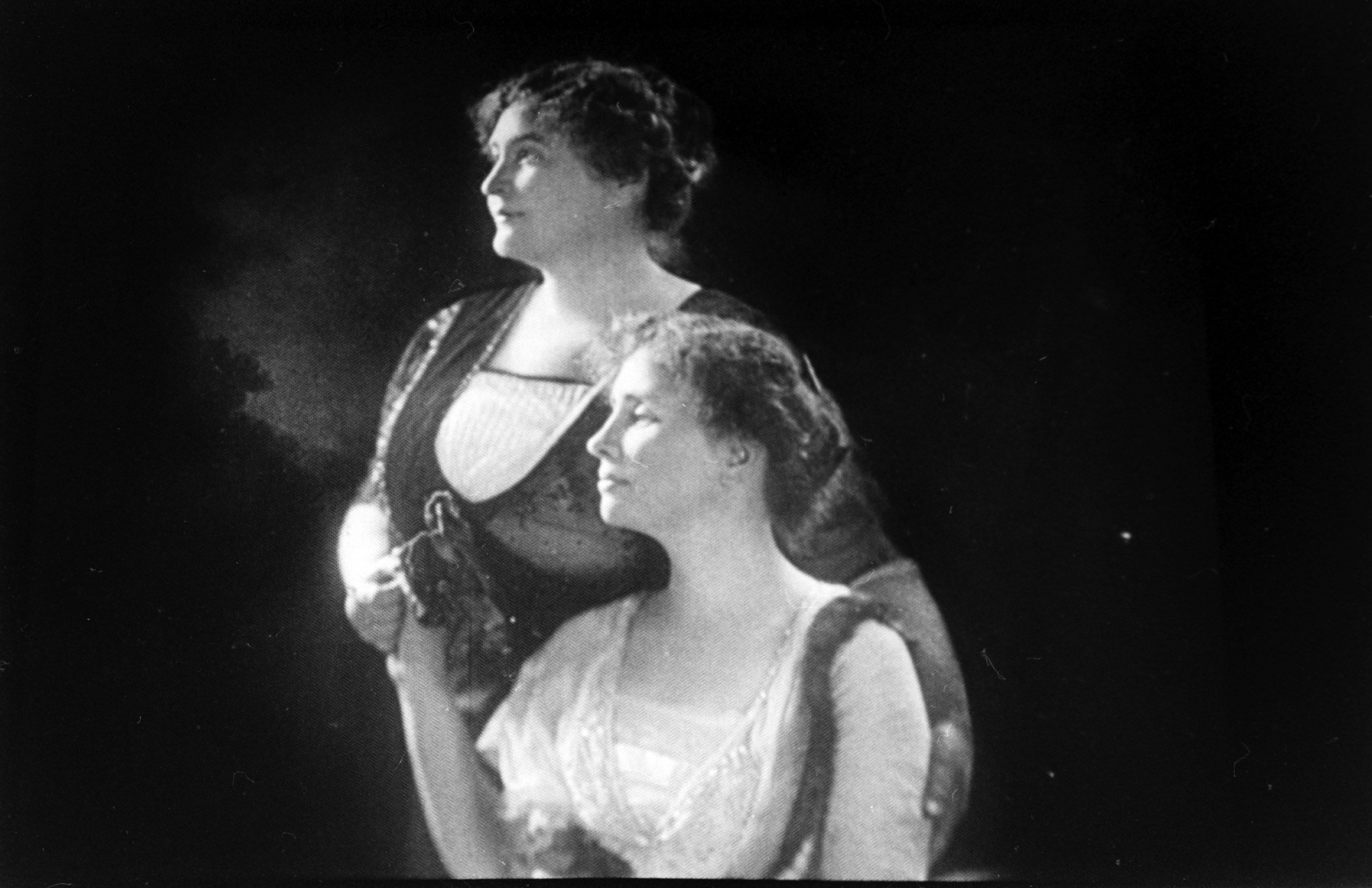
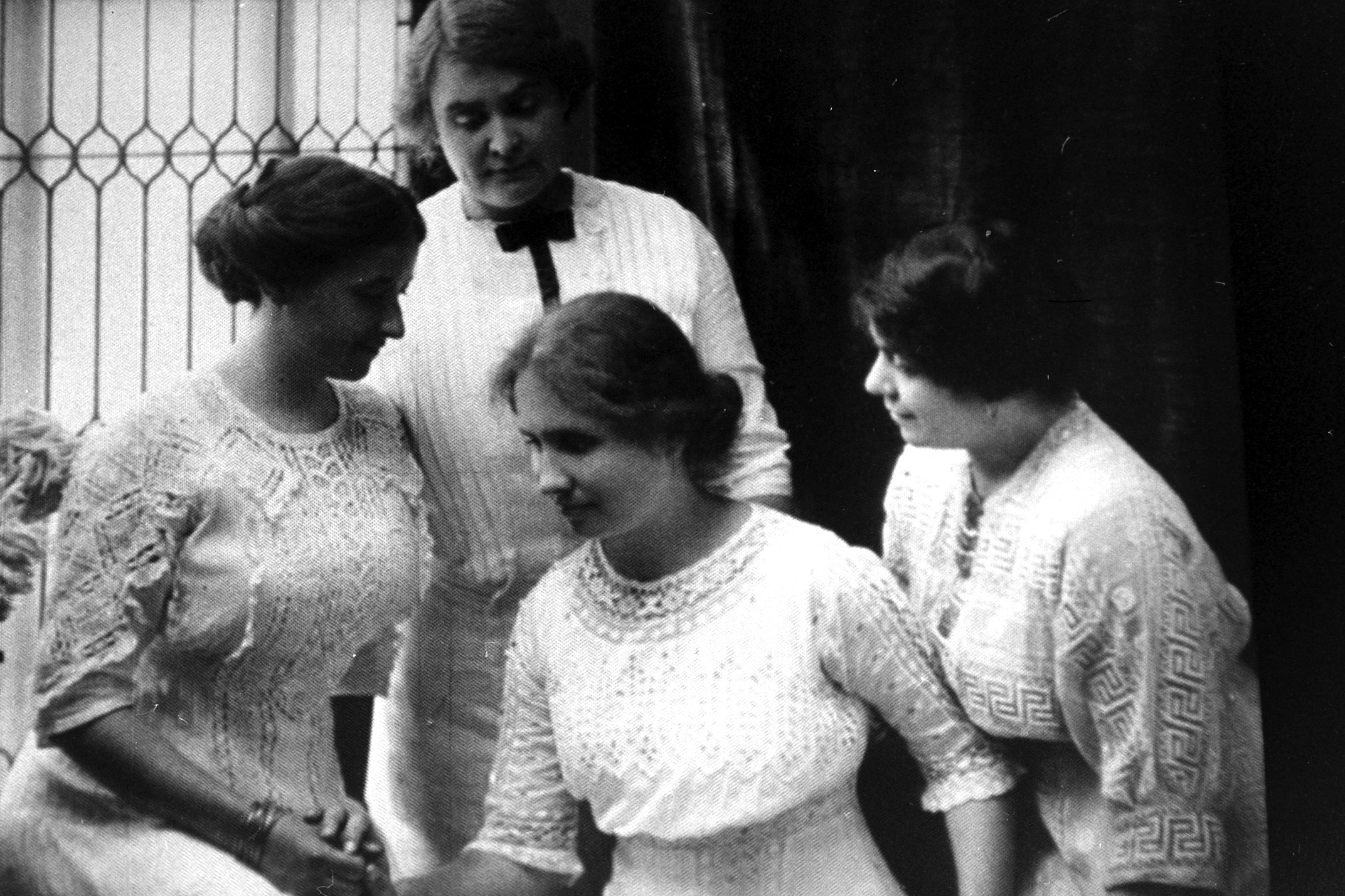
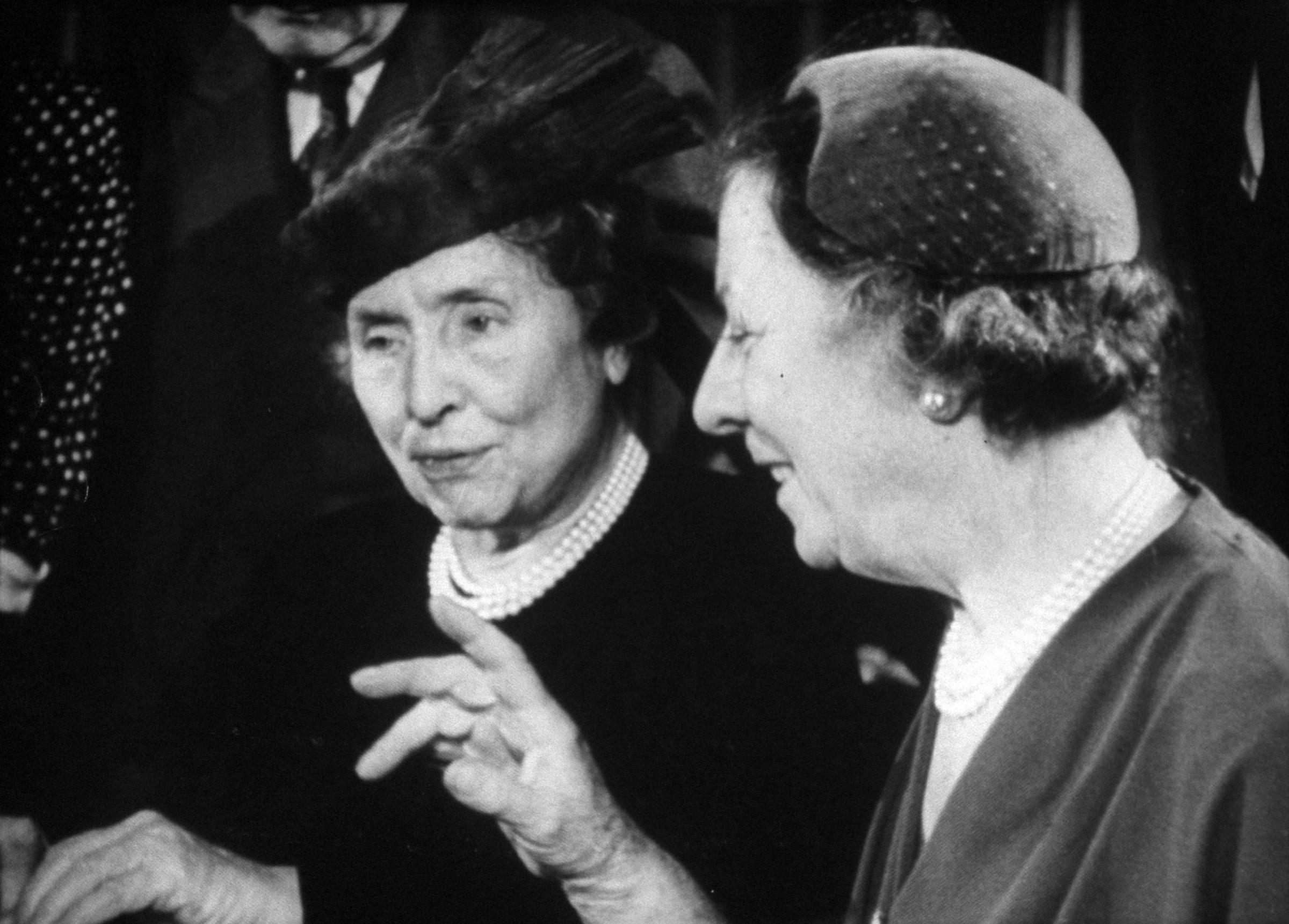
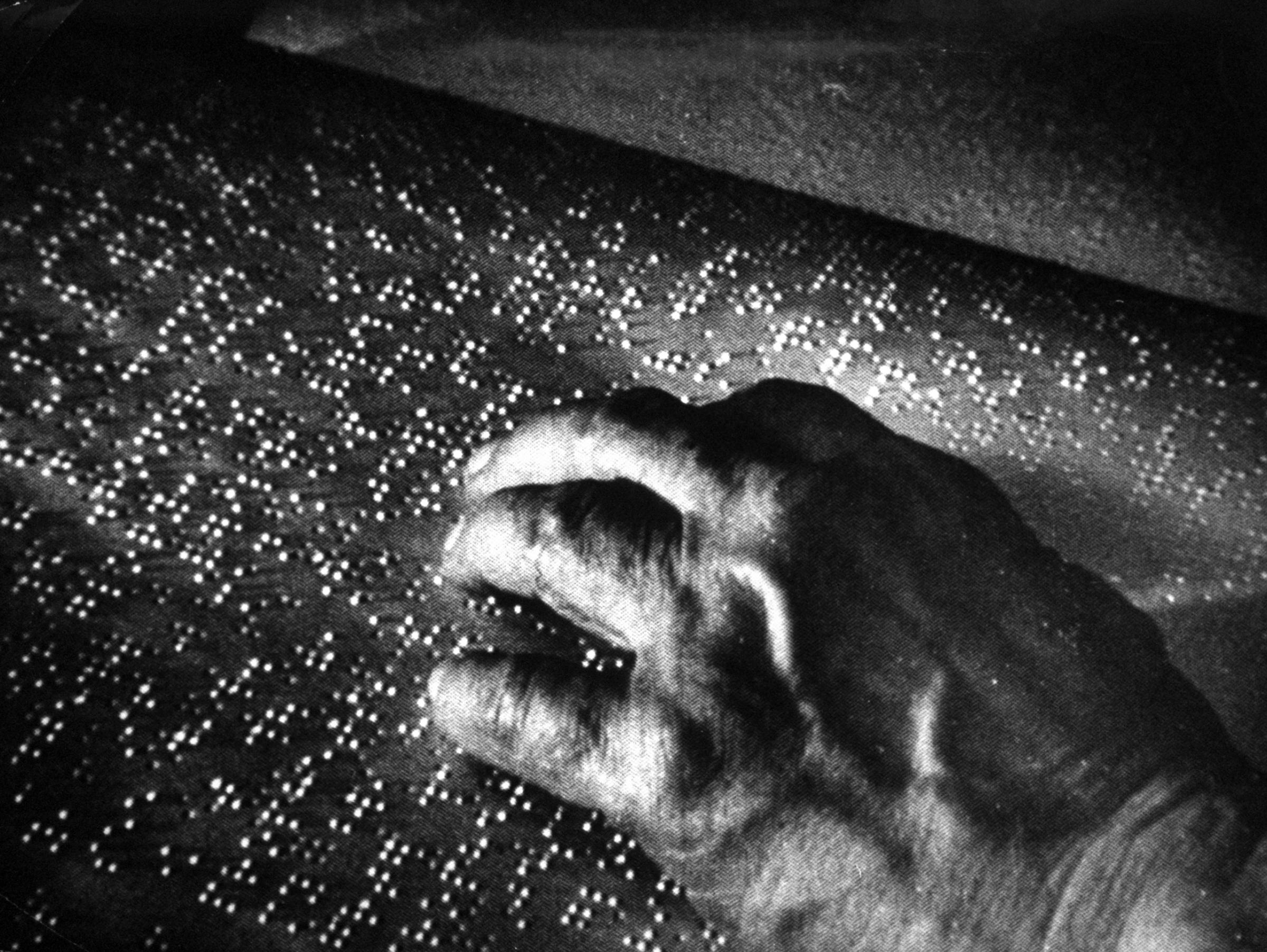
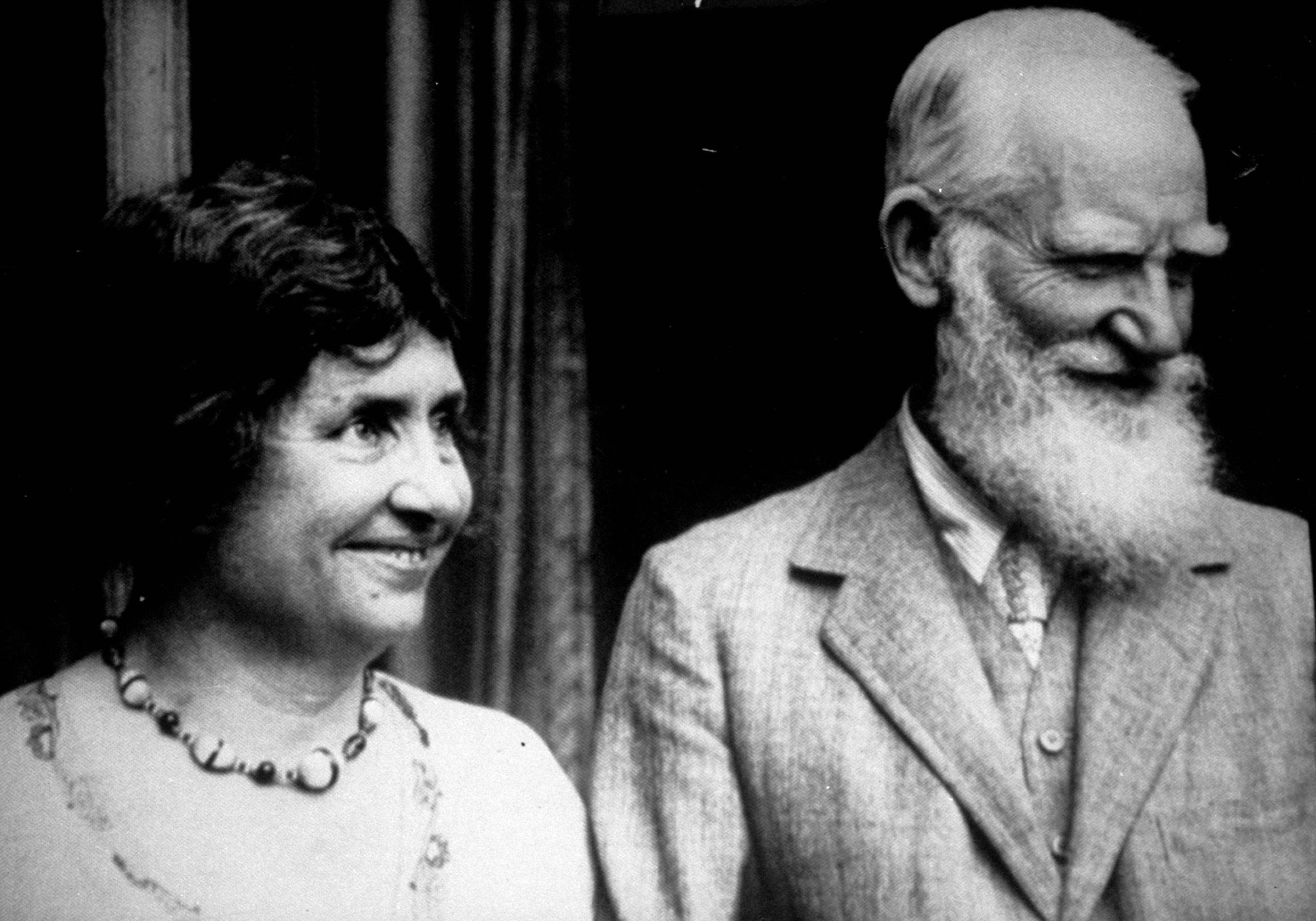
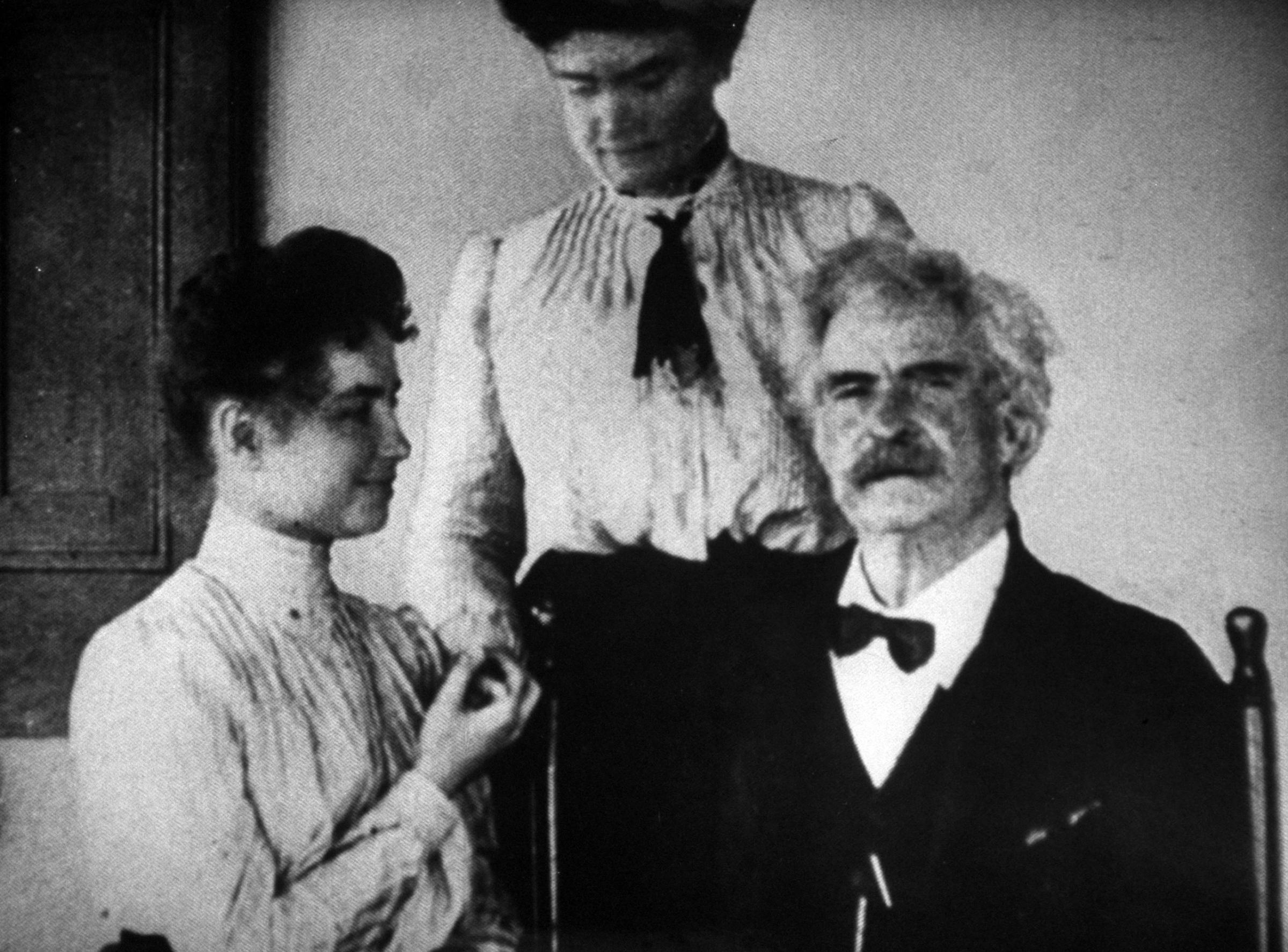
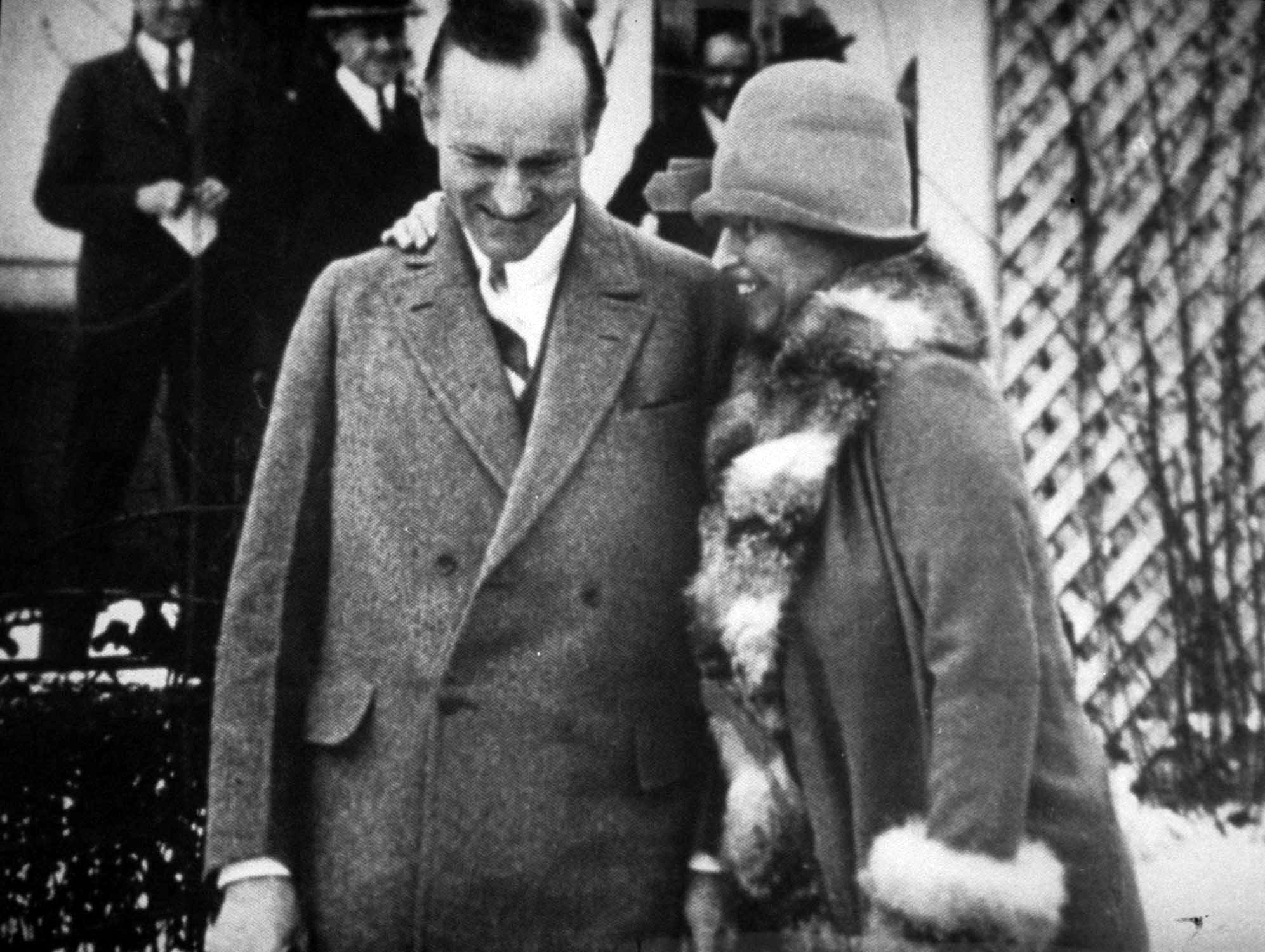
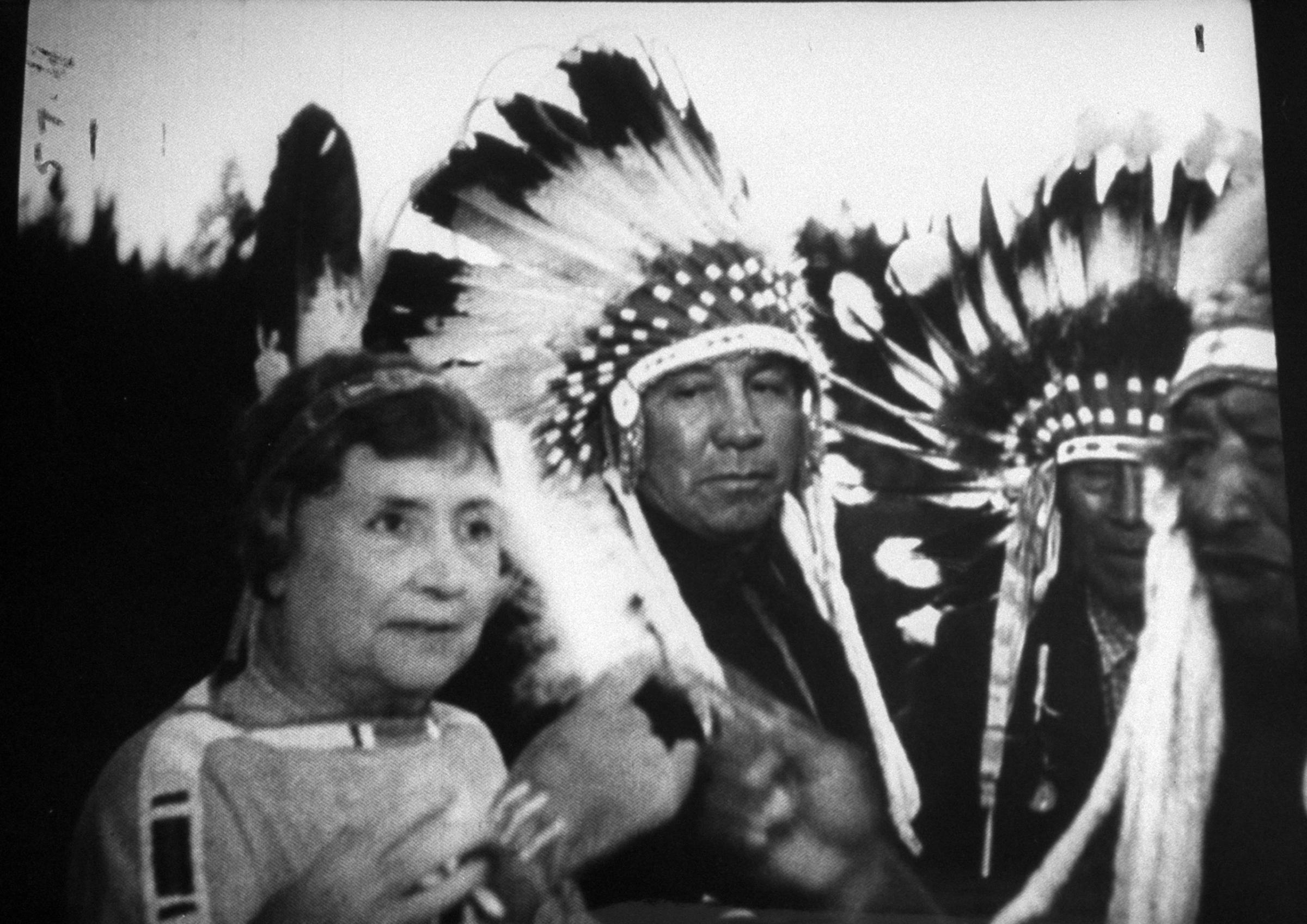
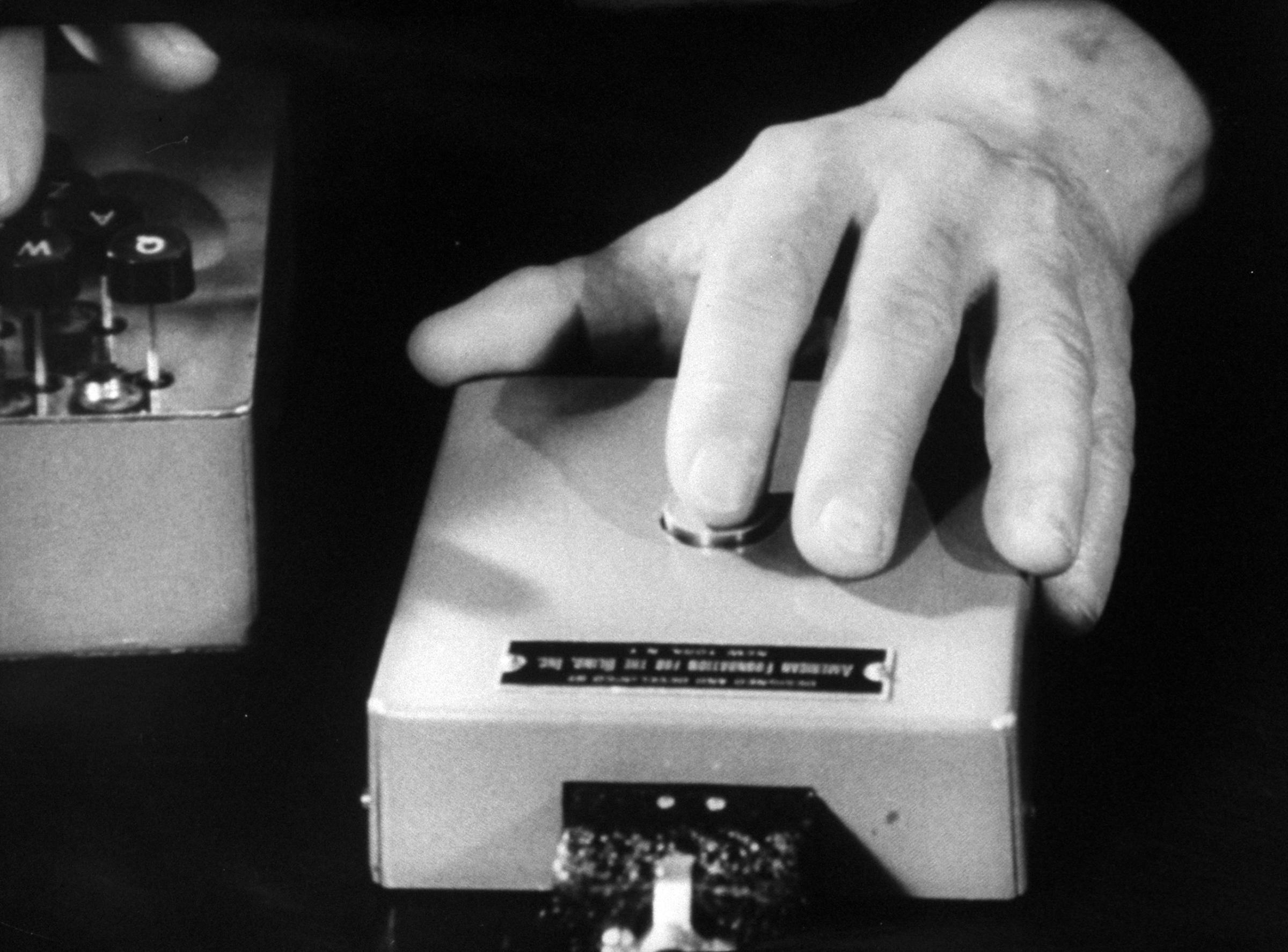
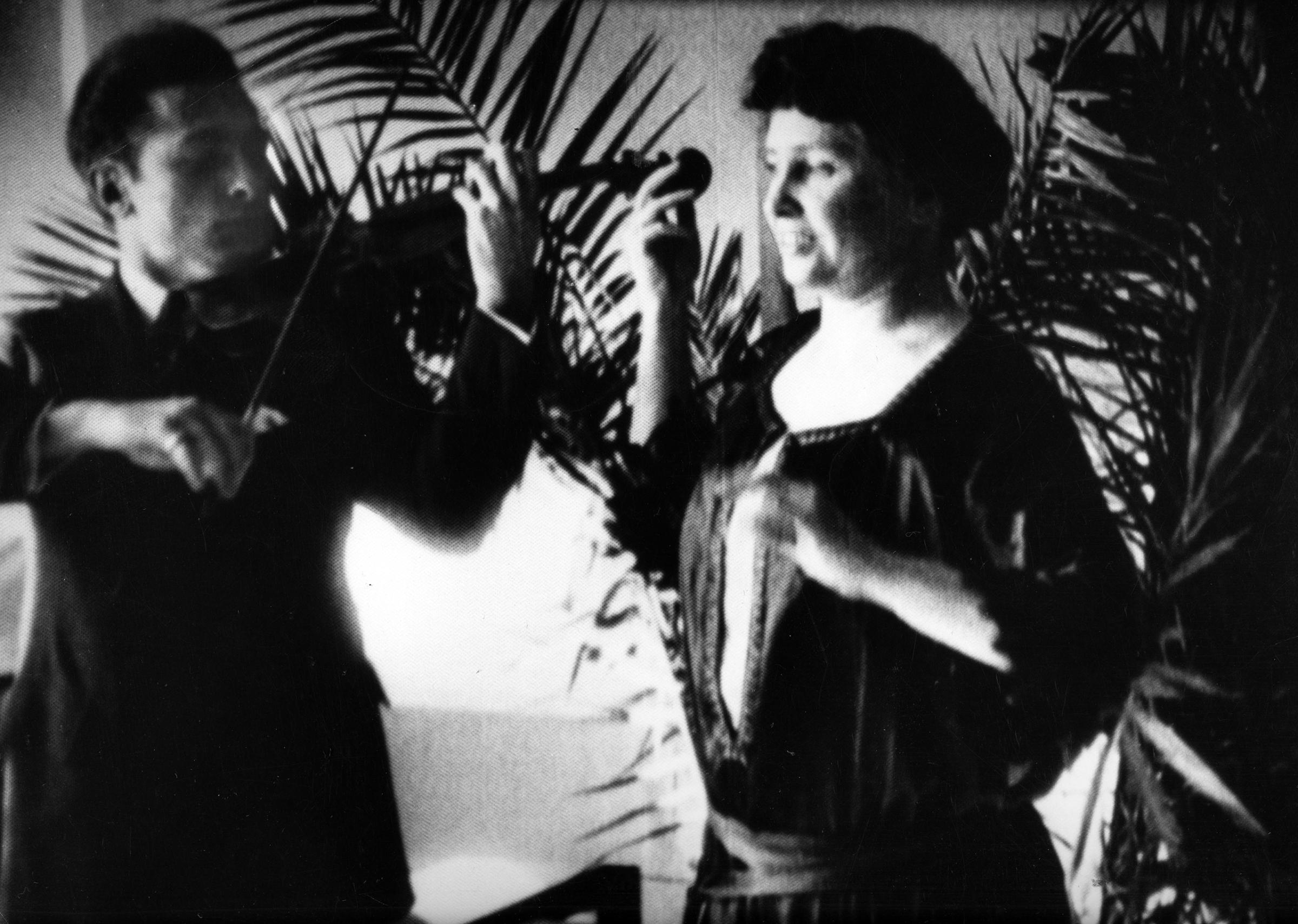
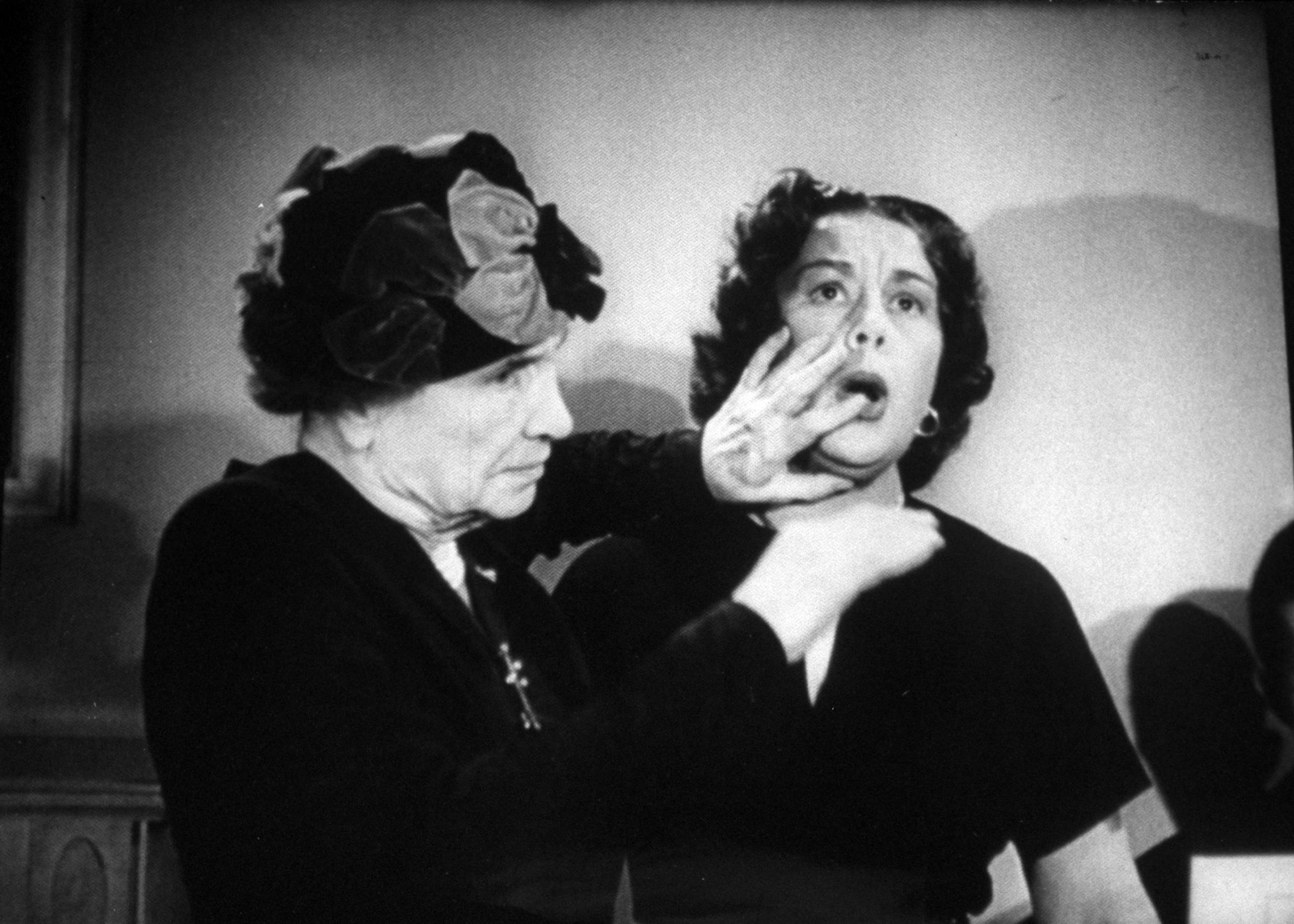
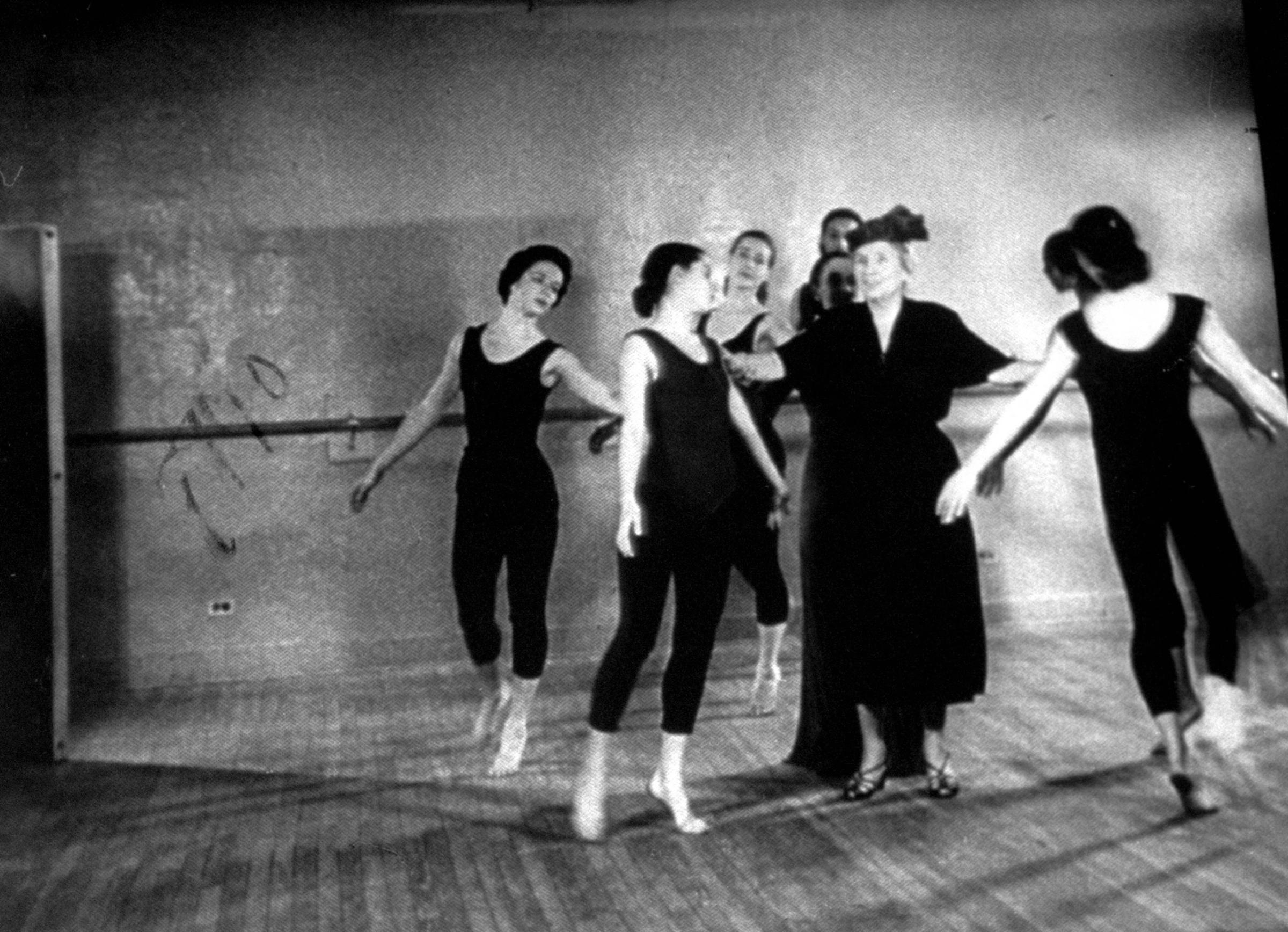
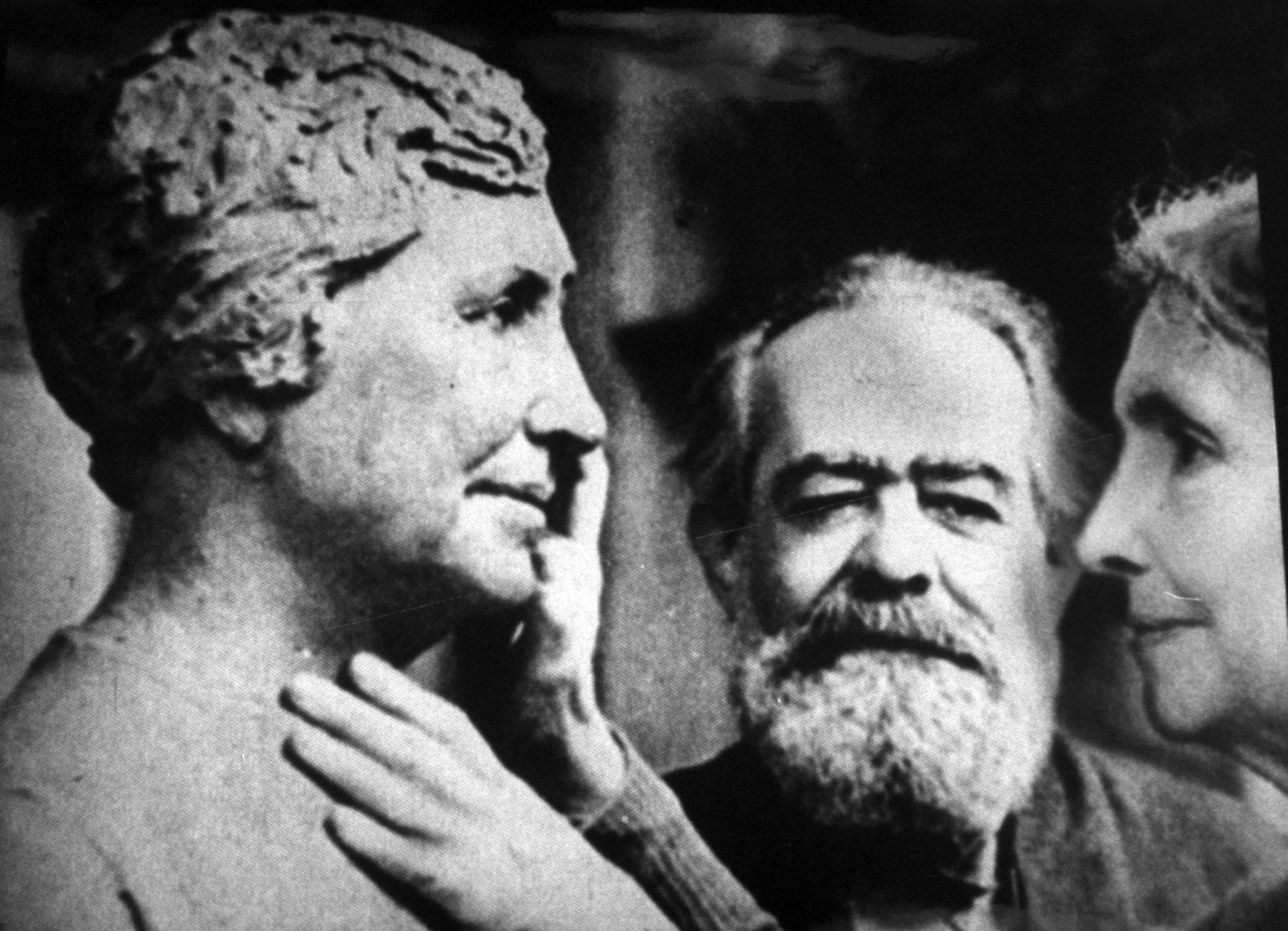
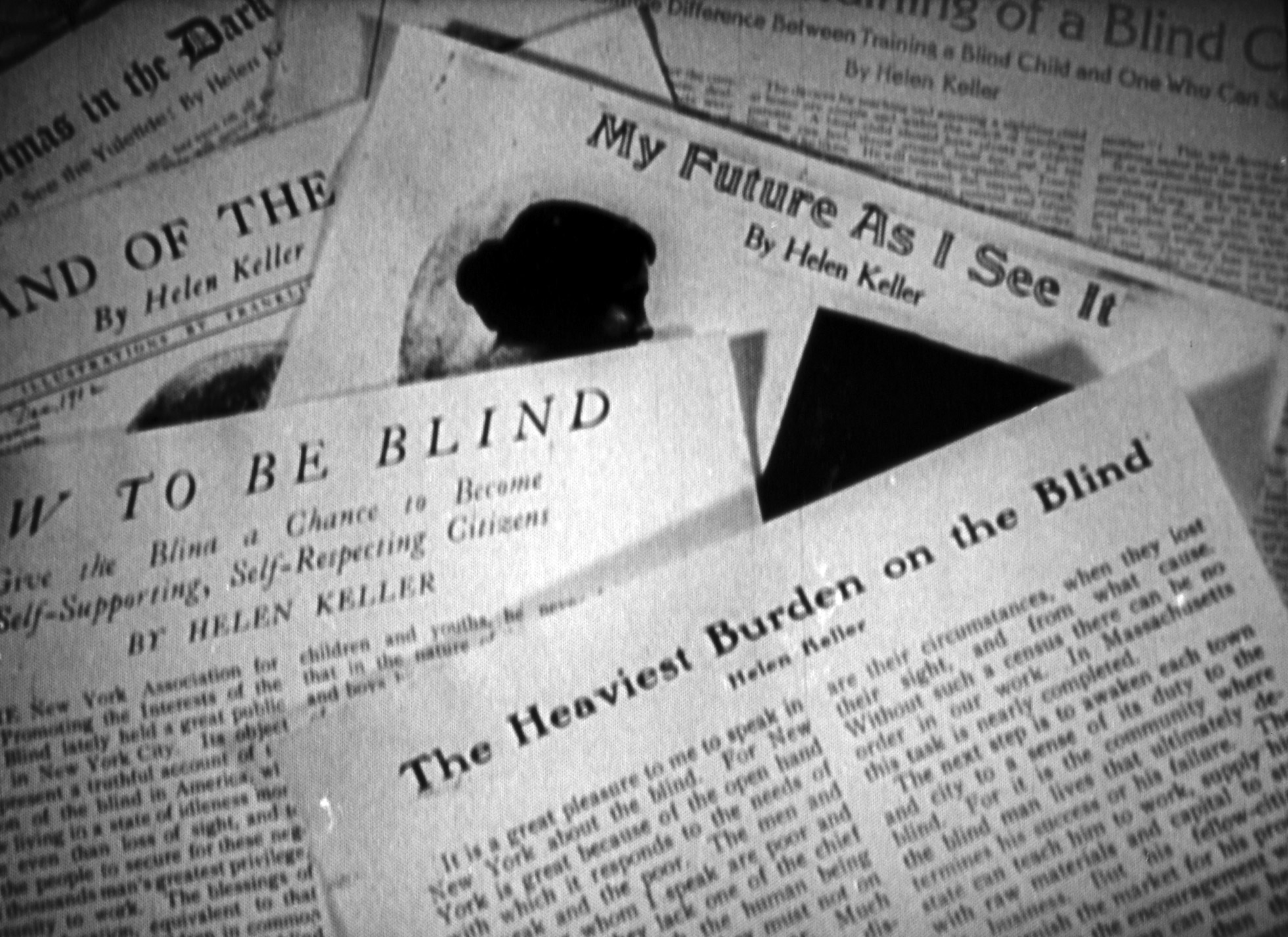
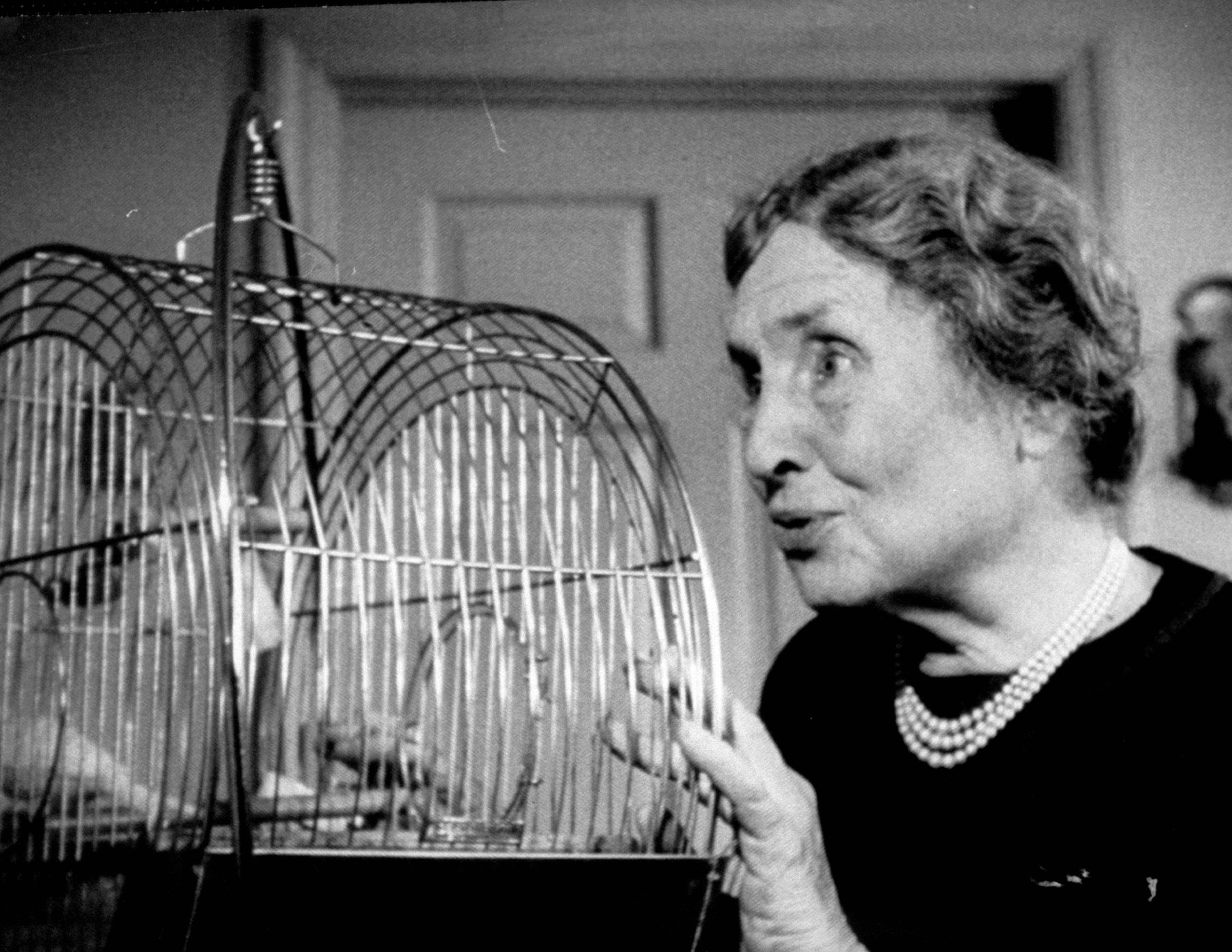
More Must-Reads from TIME
- Donald Trump Is TIME's 2024 Person of the Year
- Why We Chose Trump as Person of the Year
- Is Intermittent Fasting Good or Bad for You?
- The 100 Must-Read Books of 2024
- The 20 Best Christmas TV Episodes
- Column: If Optimism Feels Ridiculous Now, Try Hope
- The Future of Climate Action Is Trade Policy
- Merle Bombardieri Is Helping People Make the Baby Decision
Write to Olivia B. Waxman at olivia.waxman@time.com